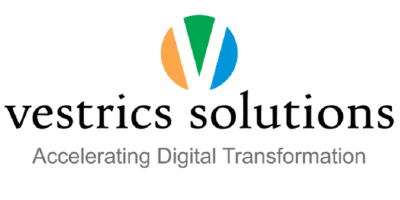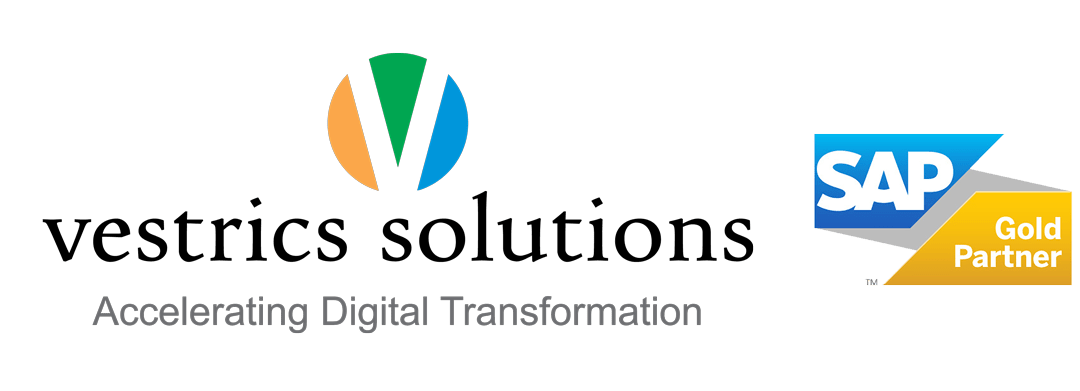Consumer Products
to develop sustainably and profitably in an unpredictable environment.
Enhancing digital advancement in CPG
It involves leveraging new technologies such as the Internet of Things (IoT) and AI to revolutionize
internal operations and maximize speed and efficiency.
Consumer information and analysis
Environmentally friendly products
Shopping across multiple channels
Supply chain robustness
CPG industry offerings highlighted
SAP's Responsible Manufacturing and Design
SAP Logistics Network
SAP S/4HANA
➜ Poor visibility into inventory levels, customer orders, and the supply chain, leading to increased lead times, lost customers, potential stockouts, and lost revenue.
➜ Inability to gain real-time insights on customer behavior, product, and marketplace performance.
➜ Complexity and inefficiency of manual processes often require manual data entry and exchange between disparate systems.
➜ Lack of visibility into the operational process to produce, plan, and track products.
➜ Manual document management to track products, billing, deliveries, accounting, and compliance.
➜ Inability to leverage cross-functional data insights or features offered by new products and services.
➜ Difficulty monitoring satellite locations, suppliers, and vendors due to lack of unified data.
➜ Inability to scale operations and build on the existing structures without an ERP system.
➜ Inability to effectively track customer needs, preferences, and preferences fluctuations.
➜ Complex and burdensome compliance regulations due to inadequate quality assurance processes.
➜ Streamlined supply chain management: SAP systems provide a comprehensive suite of tools for companies in the Consumer Products industry to manage global supply chains, streamline processes, and implement best practices.
➜ Cost savings: SAP applications allow Consumer Products companies to track and analyze their spending and identify areas of cost reduction or efficiency improvement.
➜ Real-time analytics: SAP tools enable companies in the Consumer Products sector to gain insight into their operations in real-time, allowing them to anticipate customer demand and production trends and identify areas of potential optimization.
➜ Increased customer satisfaction: SAP applications provide companies in the Consumer Products industry with the ability to enhance customer interactions and provide personalized, timely, and accurate information, which often leads to higher customer retention rates.
➜ Collaborative decision-making: SAP applications help Consumer Products companies centralize decision-making, encouraging teams to collaborate to develop innovative solutions and respond quickly to market trends.
SAP provides the tools to help streamline operations and produce reports for the Consumer Products industry. SAP's Business Intelligence (BI) tools can be used to analyze and report on customer segmentation and lifetime value, consumer trends, predict customer attrition and segment, revenue performance, campaign effectiveness, product performance, inventory management, and more.
SAP's advanced analytics tools can be leveraged to combine data from disparate sources and unlock the insight within it. This means companies can gain valuable insights into the entire customer experience, from the customer's initial experience with a product to their long-term engagement and loyalty, furthermore, by leveraging predictive data analytics to identify patterns from past data and predict future outcomes. This knowledge informs and guides decision-making.
In addition, the ability to uncover trends in the data helps maximize the effectiveness of marketing campaigns, product design, and consumer targeting. Finally, SAP's suite of applications for business processes, such as supply chain management, customer relationship management, and enterprise resource planning, provides the ability to monitor and analyze business performance. These capabilities allow companies to make informed decisions that help drive profitability and growth.
➜ Increase visibility, efficiency, and collaboration: SAP solutions can enable companies in the Consumer Products industry to gain a global view of their operations, giving them the insights needed to drive success. This visibility can empower companies to collaborate more effectively with suppliers, customers, and partners to drive new efficiencies and create better strategies.
➜ Streamline processes and enhance customer experience: SAP solutions can help companies in the Consumer Products industry simplify their operations and provide better customer experiences. Streamlining strategies can help companies to reduce or eliminate manual tasks and drive more efficiency. This can lead to improved customer satisfaction and loyalty.
➜ Increase insights and optimize supply chain: Companies in the Consumer Products industry can deploy SAP solutions to get insights into their supply chain and customers' demand needs. This can help them to optimize their supply chain, monitor key performance metrics, and make better business decisions.
➜ Implement innovative solutions: SAP provides a wide range of solutions that can help companies in the Consumer Products industry to innovate and drive new competitive advantages. Solutions such as SAP Intelligent Robotic Process Automation or SAP Leonardo can help companies to automate and optimize their processes.
➜ Leverage new technologies: By leveraging new technologies such as the Internet of Things (IoT), artificial intelligence, robotics, and data analytics, companies in the Consumer Products industry can take advantage of valuable insights to create new strategies that will differentiate their products in the market and drive competitive advantage.
SAP helps companies in the Consumer Products industry in their digital transformation journey by:
➜ Creating digital customer experiences: By utilizing SAP's digital core platform, Consumer Products companies can create automated, personalized customer experiences. Through data analysis, they can create tailored offers and recommend products to customers.
➜ Optimizing operations: SAP's solutions can help manufacturers optimize their processes, from design and prototyping to production planning, execution, and delivery. This allows them to streamline design development, reduce time-to-market, and increase quality and efficiency.
➜ Ensuring supplier and supply chain visibility: SAP gives companies real-time visibility into supplier-related processes, from financial management to procurement and sourcing. This helps increase efficiency and accuracy across the supply chain.
➜ Creating automated and connected factories: Consumer Products companies can reduce operational costs and increase their machine uptime by implementing predictive maintenance solutions. Using related IoT solutions in factories also helps reduce breakdowns and boost productivity.
➜ Increasing security and compliance: With SAP's security and compliance solutions, Consumer Products companies can ensure their systems are secure and protected against cyber threats. SAP solutions also provide companies can comply with applicable regulations.



